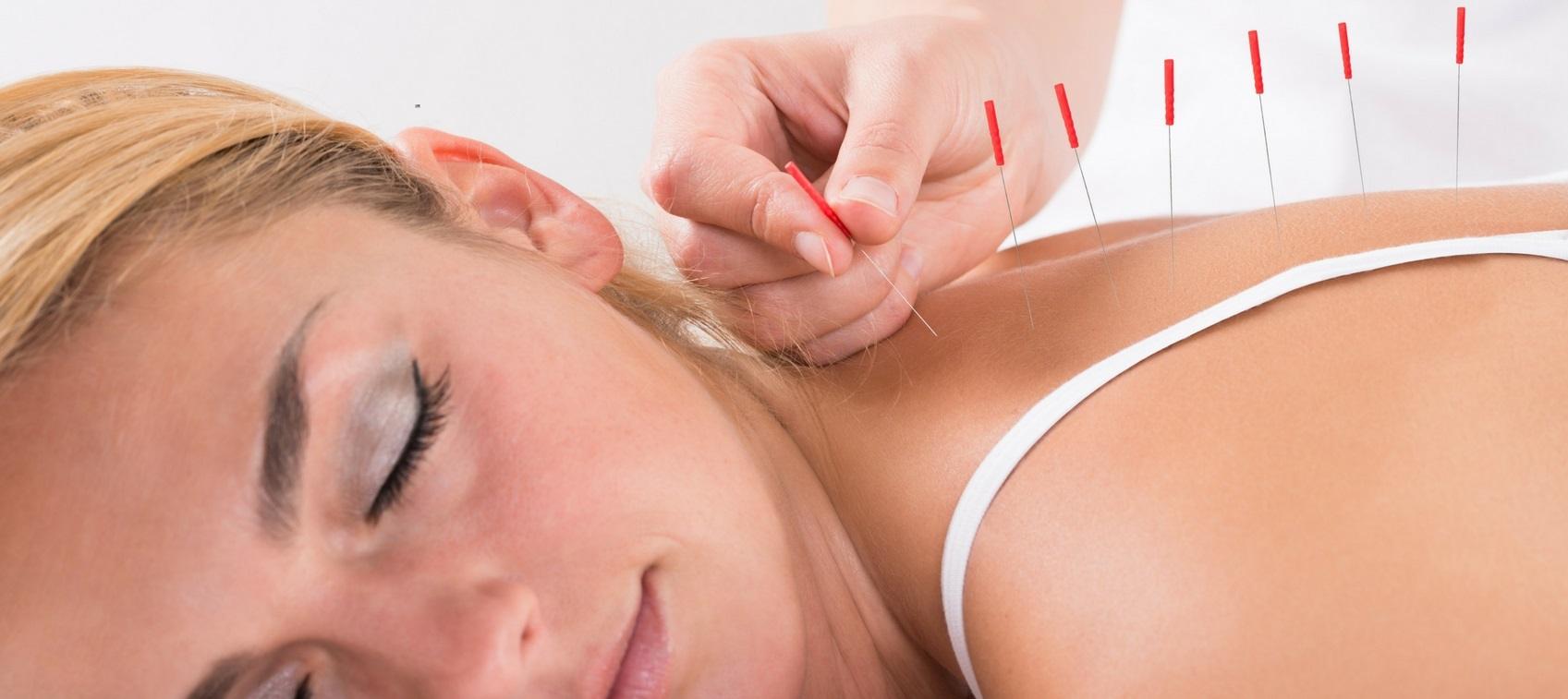
Acupuncture therapy is an ancient Chinese medicine treatment that is backed by a large body of scientific research. Insertion of hair-thin needles into your body relieves pain and treats disease by restoring the normal flow of Qi (pronounced "chee"), the energy or life force that flows through the body.
When Qi is blocked by stress, fatigue, poor diet and other disturbances, it results in discomfort and disease.
How Does Acupuncture Treatment Work?
Several mechanisms explain the effects of acupuncture treatment. It stimulates the release of pain-relieving endorphins, mobilizes the immune system and activates natural opioids in the brain that relieve pain and promote sleep. Acupuncture therapy also triggers the release of neurotransmitters and hormones that positively affect health.
Though it is most often used to relieve pain, acupuncture's wide-ranging effects make it a useful therapy for conditions affecting the digestive, musculoskeletal, respiratory, nervous and cardiovascular systems, and more.
What Is a Typical Acupuncture Treatment Session Like?
When you undergo acupuncture therapy, you lie comfortably while about a dozen or so sterile, disposable needles are placed by a licensed acupuncturist at strategic locations that connect with deeper organs and tissue elsewhere in your body. The needles are so thin that you barely feel more than a slight tingling sensation.
After needle insertion, the lights are lowered and soft music is played to encourage healing relaxation. During acupuncture treatments, which last 30 to 60 minutes, the doctor may slightly twist the needles occasionally to "grab" the Qi.
Some conditions clear up with one or two acupuncture treatments. However, chronic health concerns may require multiple sessions. Acupuncture therapy is particularly effective when used along with other innovative therapies.
What Conditions Is Acupuncture Treatment Good For?
- Abdominal pain
- Addiction control
- Anxiety
- Arthritis
- Asthma
- Back pain
- Bronchitis
- Carpal tunnel syndrome
- Cataracts
- Chronic fatigue
- Constipation
- Depression
- Fibromyalgia
- Headaches/Migraines
- Hypertension
- Indigestion
- Infertility
- Insomnia
- Menopausal symptoms
- Nausea
- Neck pain
- Parkinson's disease
- Premenstrual syndrome
- Sciatica
- Smoking cessation
- Stroke rehabilitation
- Tinnitus


